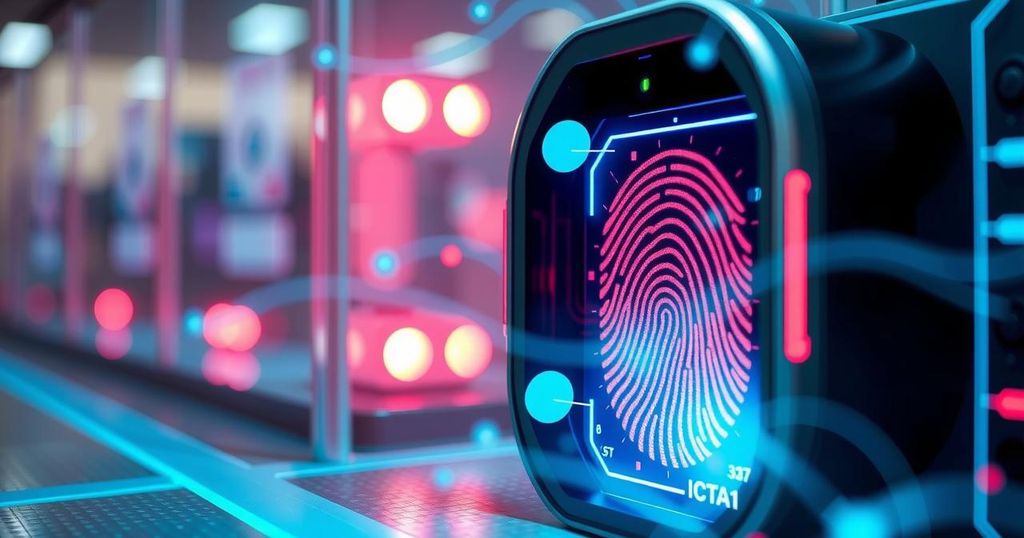The global biometrics market is seeing growth, with significant activities including Sri Lanka’s passport challenges, the FBI’s biometric systems in Somalia, and new technology from J.P. Morgan and Intel. Age assurance developments aim to enhance privacy in digital ID. The U.S. is pushing for mobile driver’s licenses as cybersecurity measures, alongside ongoing discussions about biometric consent and compliance.
Emerging biometrics markets are attracting both startups and established multinationals looking to capitalize on new opportunities. Sri Lanka is struggling to issue biometric passports while its partnership with Thales is in limbo. Meanwhile, Intel is separating its RealSense division to focus on 3D facial authentication. J.P. Morgan is entering the retail payments sector with biometric solutions, and BorderAge is innovating in age assurance technology that prioritizes privacy.
In top news, the FBI’s Criminal Justice Information Services (CJIS) is seeking to maintain an Automated Biometric Identification System (ABIS) in Somalia, vital for criminal identification with over two million fingerprint records. Ethiopia is also looking to enhance digital ID access with a new IT system and biometric registration kits, aiming for improved service inclusion.
The issues surrounding Sri Lanka’s biometric passport issuance continue as the government may issue a new tender amidst legal challenges on current contracts. U.S. TSA has pushed the deadline for enforcing REAL ID standards back to May 2027, allowing states more time to comply with the changes mandated by the legislation.
President Biden’s executive order promotes mobile driver’s licenses (mDL) as critical for national cybersecurity. It outlines software security requirements and encourages federal grants to support mDL initiatives across states. Moreover, the incoming Trump administration is likely to prioritize biometric security enhancements at U.S. borders in collaboration with congressional priorities.
J.P. Morgan has unveiled two biometric authentication terminals designed for retail environments, featuring capabilities for palm vein and face recognition. Intel plans to focus RealSense on markets requiring advanced 3D facial authentication and other specialized applications by 2025.
BorderAge, a French startup, is providing an age assurance method that analyzes hand gestures without requiring personally identifiable information, achieving a 99% accuracy rate. This innovative approach aims to improve user privacy while preventing unauthorized adult site access.
Recent age verification developments in the U.S. and UK have garnered attention with legal challenges and guidelines advancing age estimation and secure digital ID usage. In Australia, biometric ticketing at the Australian Open has sparked discussions about privacy consent. Turkey has nearly achieved full coverage of its national digital ID system, integrating biometric verification with various public services.
The biometric market is expanding rapidly as nations seek to either improve security or streamline identification processes. Biometric technologies span various applications, from passport issuance and retail payments to age assurance and digital identities. This market is characterized by collaborations between tech giants and startups, innovative solutions emerging, and evolving regulatory frameworks to support wider biometric utilization in public services and digital transactions.
Emerging biometric markets are gaining traction, with significant developments in various regions, especially in Africa and Asia. Companies are actively exploring biometric solutions to enhance security and streamline identity verification. As legislation and technology evolve amid privacy concerns, the emphasis is increasingly on ethical practices in biometric data collection and usage. Stakeholders must stay vigilant regarding compliance and transparency to maximize the benefits of biometric innovations.
Original Source: www.biometricupdate.com





